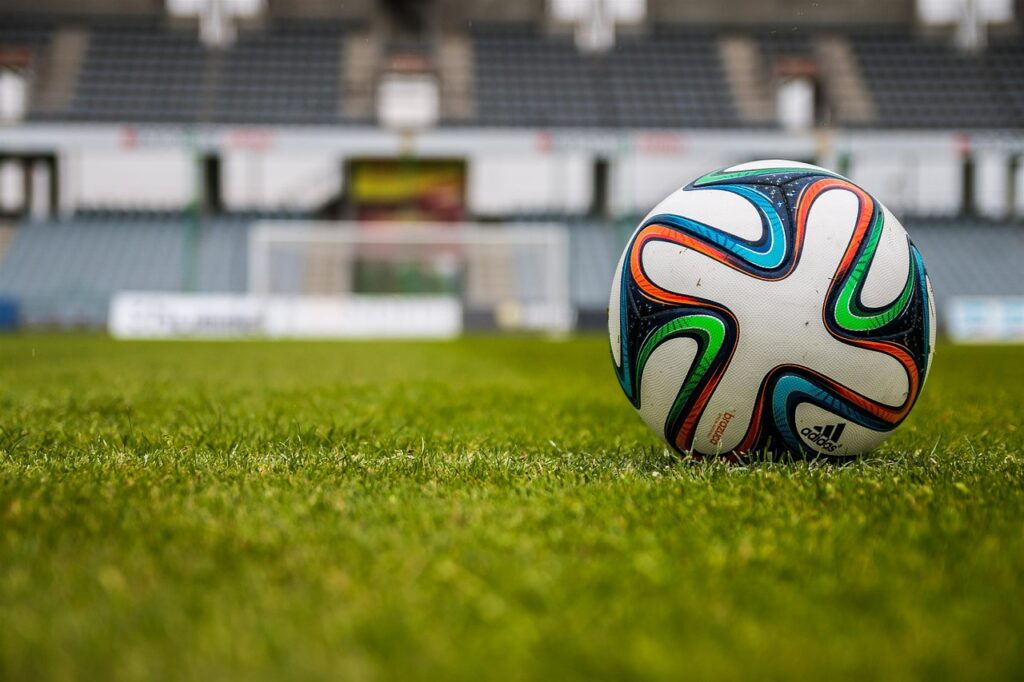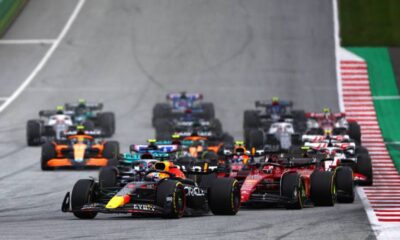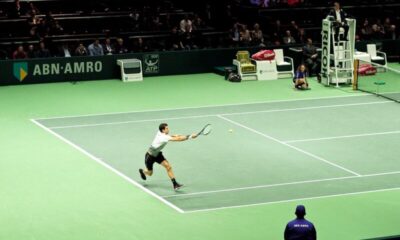Football
The effort to fast-track the rise of Chinese football ended in failure. The league was suspended for six months because of the national team’s desire to succeed
The year was 2011. Guangzhou won the league title a year after being bought by the wealthy Evergrande group. Thus began an era when Chinese football was set to be on a great and rapid rise. But what does it look like ten years on?

The year was 2011. Guangzhou won the league title a year after being bought by the wealthy Evergrande group. Thus began an era when Chinese football was set to be on a great and rapid rise. But what does it look like ten years on?
Foolishness and too much naivety. Perhaps that is a simple way to judge the efforts to develop Chinese football as quickly as possible with the help of large investments, with a decade’s hindsight.
It all started with Evergrande Guangzhou in 2010. While it has been gathering sporting success over the past decade, economically it is being driven to hell. It has won 8 league titles and dominated the Asian Champions League twice, only to be left with an incredible debt of 261 billion euros.
The Chinese club spent €42.5 million on two players, Paulinho and Jackson Martinez. In addition, the team was led by famous coaches Marcelo Lippi or Luiz Felipe Scolari, who won the World Cup.
The example of Guangzhou was subsequently followed by other clubs, which began to be financed by other wealthy owners. The desire of the Chinese government may have influenced all this. The Chinese government wants the most populous country on the planet to become a football power.
It all came to a head in the winter of 2016 and 2017. Within two months, 388 million euros worth of players arrived in the Chinese Super League. No football competition in that period could compete with China in the money spent on transfers. In December 2016, for example, Oscar came to China and was bought by Shanghai SIPG for more than 60 million.
However, from 2018 onwards, it became clear even to China that its efforts to rise quickly were not looking successful at all. Sure, there were some great players in the local league, but their motivation was often just money, nothing more. The superstructure that China was hoping for did not quite materialise. Carlos Tevez was the one who caused the biggest stir with his attitude.
But let’s go back to 2018. The Chinese authorities were concerned about big spending that was not bearing fruit. In addition, funds were flowing to foreign clubs and into the pockets of agents. So the introduction of salary caps began to be addressed and spending was also curbed by the introduction of high taxes.
For example, Jiangsu FC, which was owned by the Suning retail group, paid the price for its mismanagement of finances. Although it managed to win its first league title in 2020, it had to be dissolved three months later.
While the same fate is unlikely to befall Guangzhou, it is a cautionary example of what could happen in the event of another senseless waste of money.
There has been no rise in the league or the national team
China had hoped to see not only the league competition but especially the national team rise from all the investment. The Super League may have seen a slight upswing, but it cannot be said that there has been a rapid increase in interest in its events.
And with the shift of the national team it is even worse. Ten years ago, when it all started, China was 69th in the FIFA world rankings, now it is 75th.
But there is no need to condemn everything. The Chinese Football Association envisaged that China would dominate Asian football by 2030, with the world championship by 2050.
Yet China has only appeared at the World Cup once in history, in 2002. A return to the World Cup is seen as crucial for development and national pride.
However, there is still a big gap between China and the top Asian teams, which must include Japan, Australia and South Korea.
In the ongoing World Cup qualifiers, China lost its first two matches to Japan (1: 0) and Australia (3: 0). At the same time, the federation tried to give the national team enough time to prepare.
From mid-August until December, the league competition was stopped, so the Chinese national team could only focus on the qualifying matches. However, this move was not met with positive reactions. On the contrary. And one cannot be too surprised.
According to some sources, this is exacerbating the financial problems of Chinese clubs, and this of course has an impact on how players are (un)paid. Some have reportedly not seen their salaries for four months.
China needs to put everything into youth development
Slowly and surely, it should dawn on all football officials in China that there is no shortcut to success. The focus must be on the youth, which, in short, is the only possible guarantee of a successful future.
However, this is gradually being worked on. The Chinese federation is investing heavily in facilities, training coaches and seeking experts to develop young and talented footballers.
China is looking to Japan for inspiration, where the system is working quite successfully. Some Chinese coaches are already giving preference to youngsters who, thanks to the improving system, are more capable at a young age than seasoned veterans.
Moreover, in the last two Super League seasons, for the first time in a long time, foreign stars among the scorers are competing with local youngsters. However, China is expected to start producing truly quality footballers in 10 to 15 years.
However, it is still not certain whether the strategy China has put in place will be better than that of the countries that are among the football superpowers.
Sources: DW, Transfermarkt, Wikipedia








